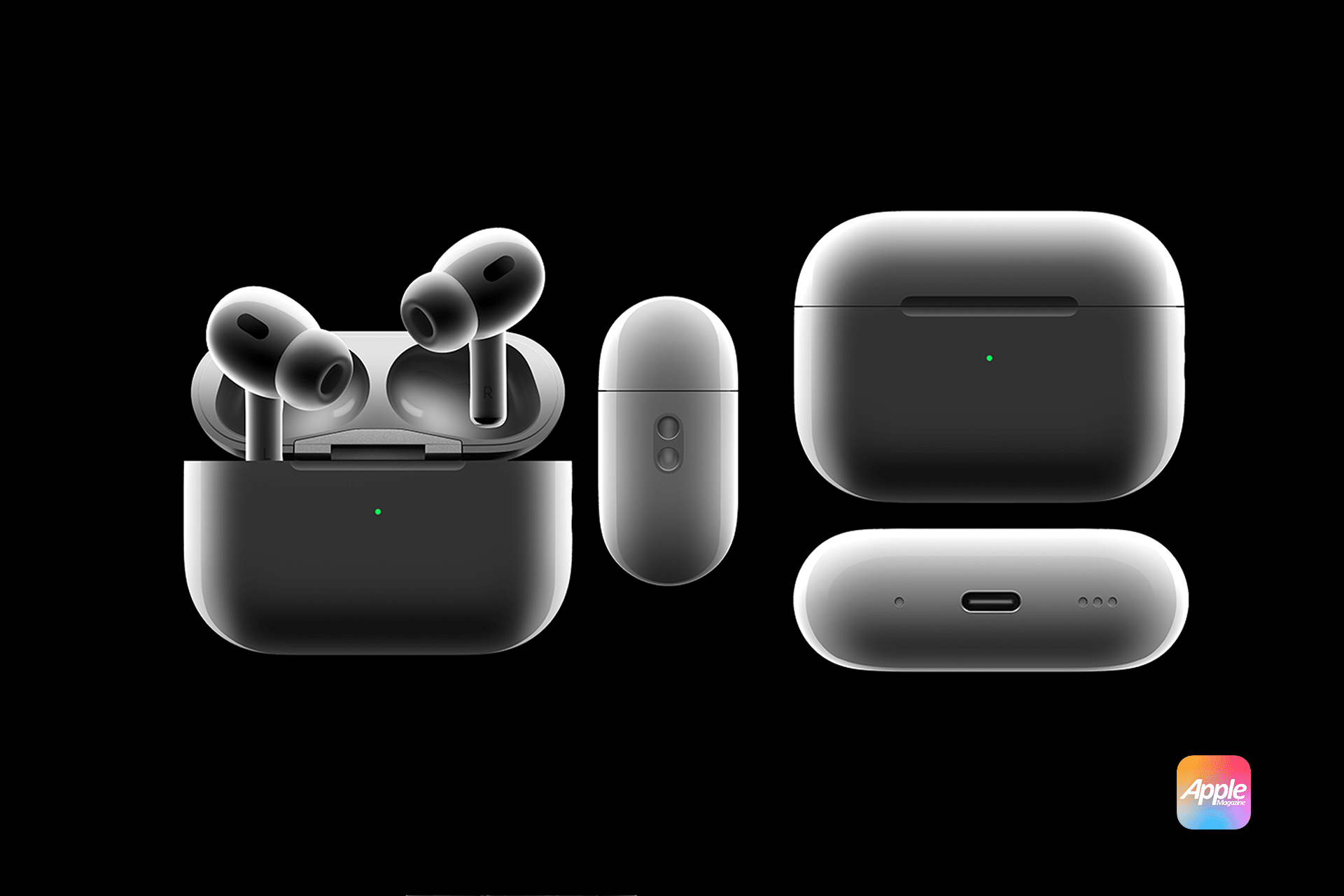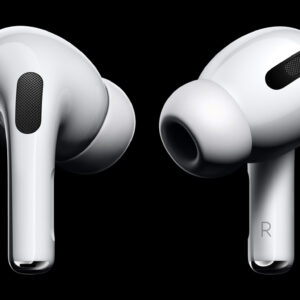The evolution of wearable technology has seen devices transition from simple accessories to sophisticated health monitoring tools. Apple’s rumored enhancements to AirPods indicate a strategic move to expand their capabilities beyond audio, positioning them as comprehensive health companions.
Integration of Health Monitoring Features
Incorporating heart rate monitoring into AirPods would allow users to track their cardiovascular health directly from their earbuds. This feature could provide real-time heart rate data during workouts, daily activities, and even rest periods, offering insights into overall heart health. While the Apple Watch currently offers this functionality, integrating it into AirPods would provide an alternative for users who prefer earbuds over wrist-worn devices.
Temperature Sensing
Temperature sensing capabilities in AirPods could enable users to monitor their body temperature continuously. This feature would be particularly beneficial for early detection of illnesses, tracking ovulation cycles, or monitoring temperature changes during physical activities. By measuring temperature through the ear canal, AirPods could provide accurate and consistent readings.
Camera Integration
The potential addition of a camera to AirPods is an intriguing development. While the exact applications remain speculative, possibilities include enhancing augmented reality experiences, assisting with spatial audio adjustments, or providing visual feedback for fitness activities. However, integrating a camera raises considerations regarding privacy and design that Apple would need to address.
Enhancing the Apple Network
By embedding health monitoring features into AirPods, Apple aims to create a more interconnected and comprehensive health monitoring system. This integration would allow data collected from AirPods to sync seaealth app, providing users with a holistic view of their well-being. Such advancements would further solidify Apple’s position in the wearable health technology market.
Challenges and Considerations
Ensuring the accuracy and reliability of health data collected by AirPods is paramount. Factors such as ear placement, movement, and environmental conditions could affect sensor readings. Apple would need to implement advanced algorithms and calibration techniques to mitigate potential inaccuracies.
Privacy Concerns
The collection of sensitive health data and the potential inclusion of a camera raise significant privacy concerns. Apple’s commitment to user privacy would necessitate robust data protection measures, transparent user consent protocols, and clear communication about data usage to maintain user trust.
Design and Battery Life
Adding sensors and a camera could impact the design and battery life of AirPods. Apple would need to balance the incorporation of new features with maintaining the compact form factor and ensuring sufficient battery performance to support additional functionalities.
Market Implications
Introducing health monitoring features in AirPods could have significant implications for the wearable technology market. It would position AirPods as direct competitors to other health-focused wearables, potentially attracting a broader consumer base interested in health tracking without the need for multiple devices.
The potential integration of health monitoring features and a camera into AirPods signifies Apple’s commitment to innovation and user well-being. By expanding the capabilities of AirPods beyond audio, Apple is poised to redefine the role of earbuds in personal health monitoring. As these developments progress, they promise to usher in a new era of wearable technology that seamlessly combines convenience, functionality, and health awareness.










